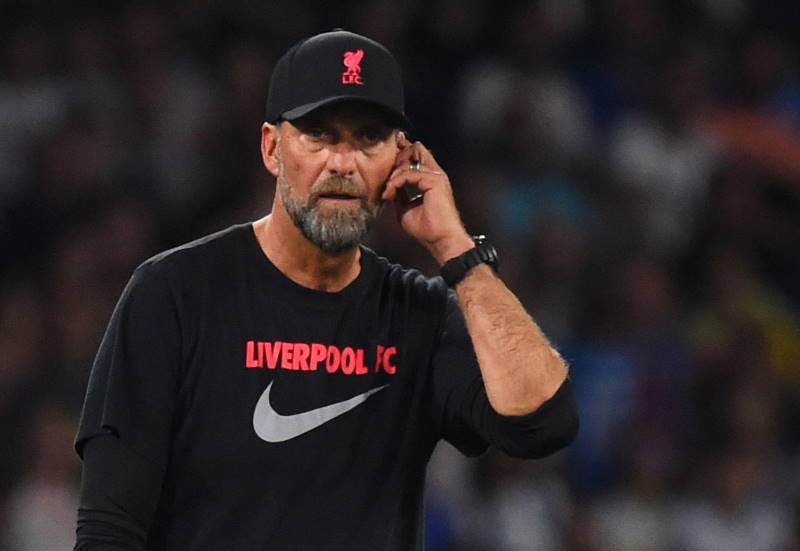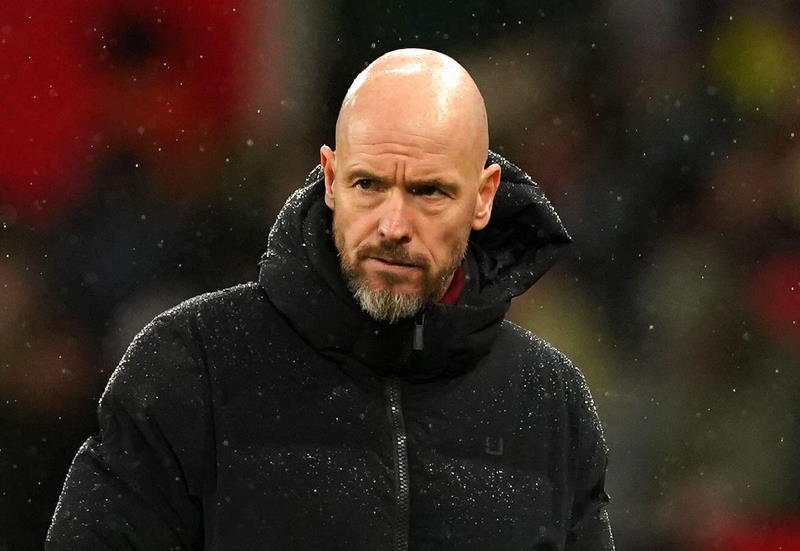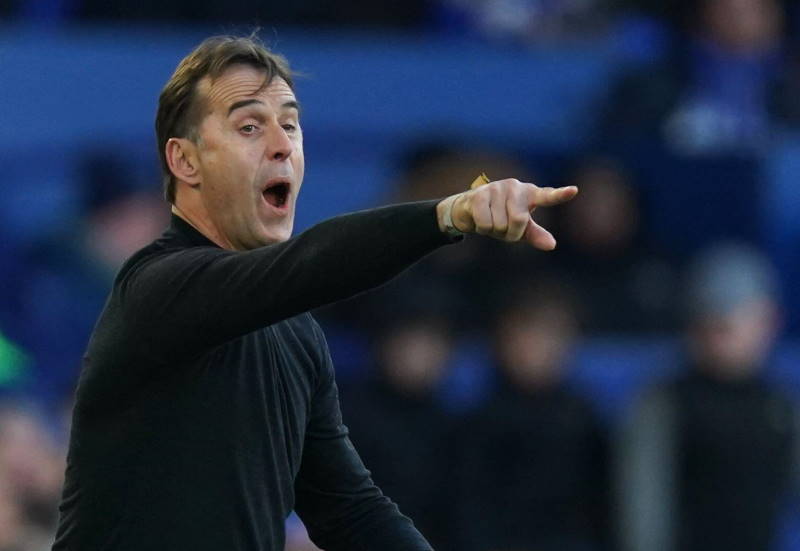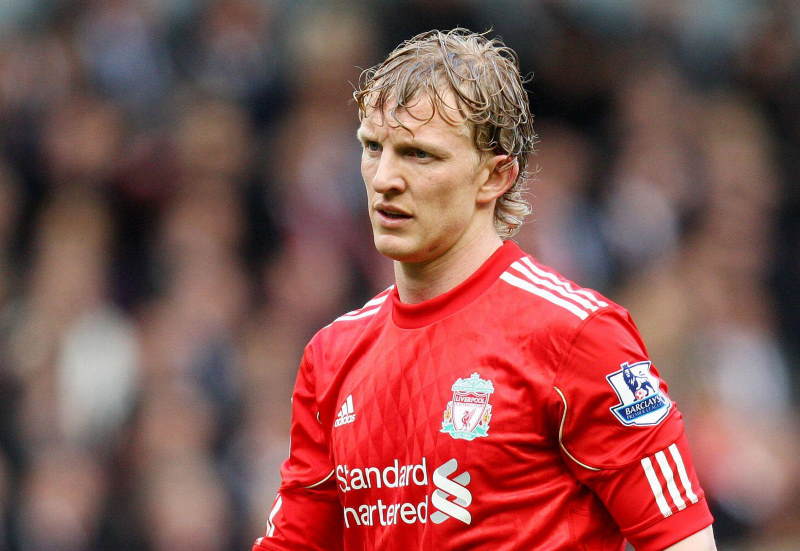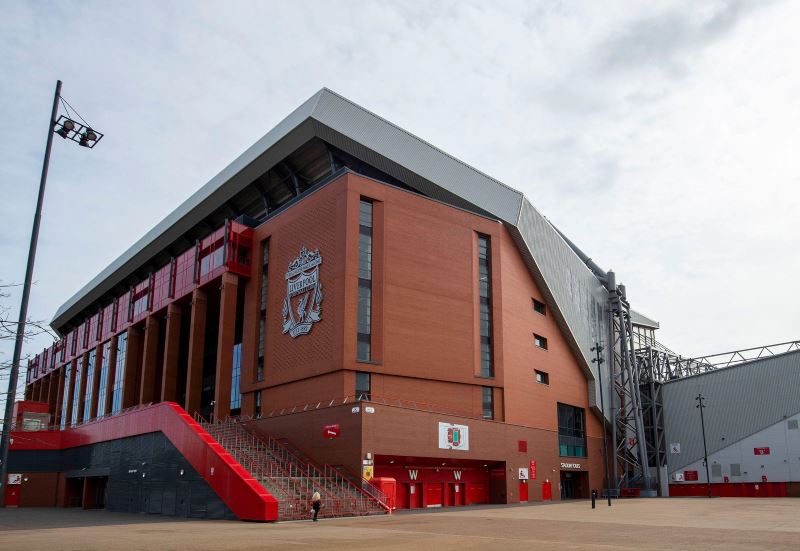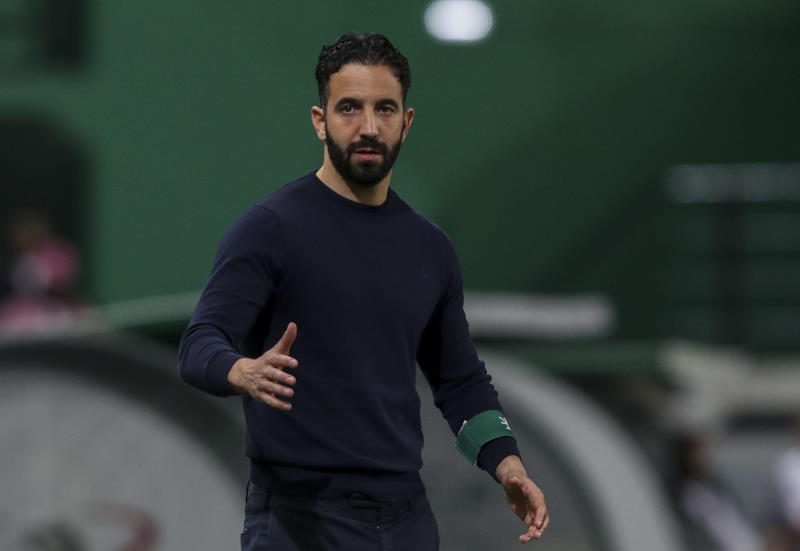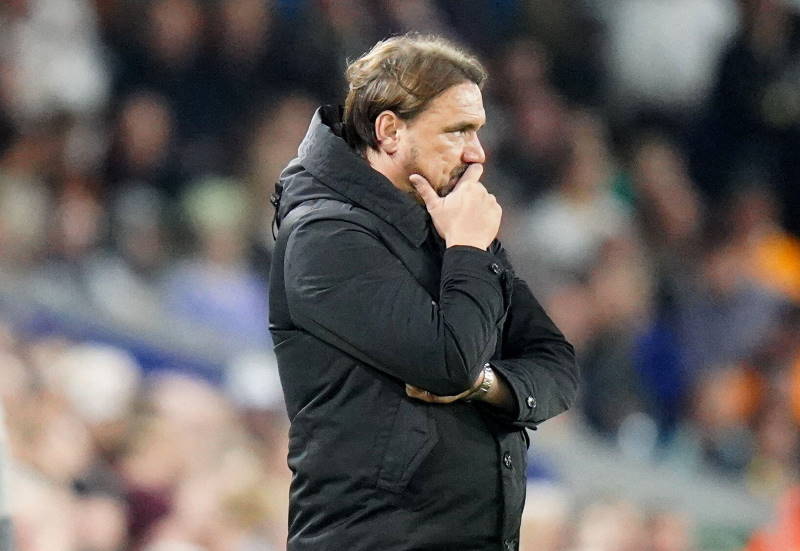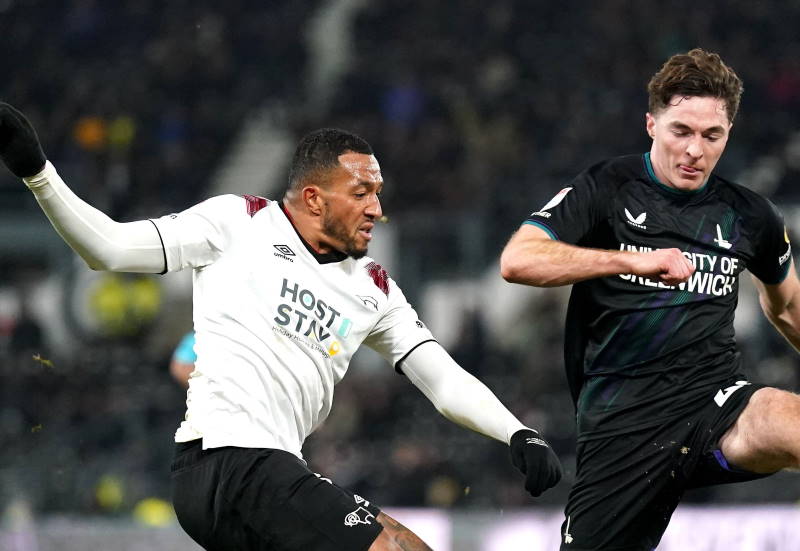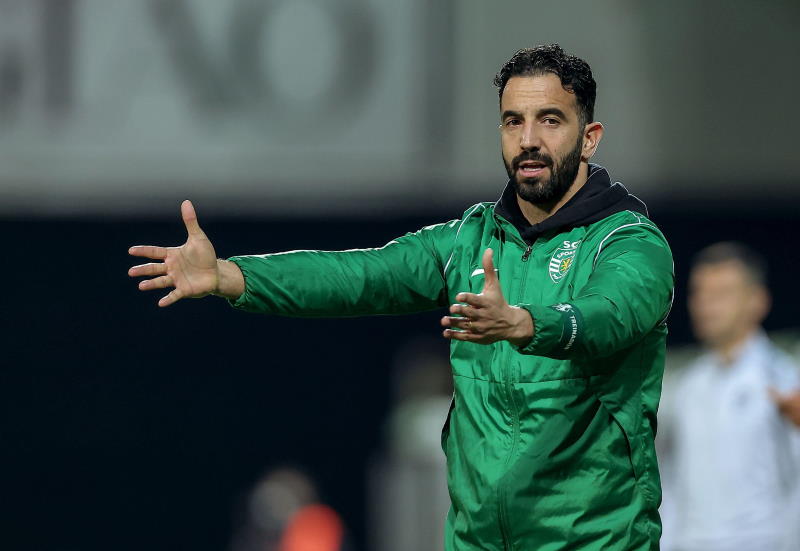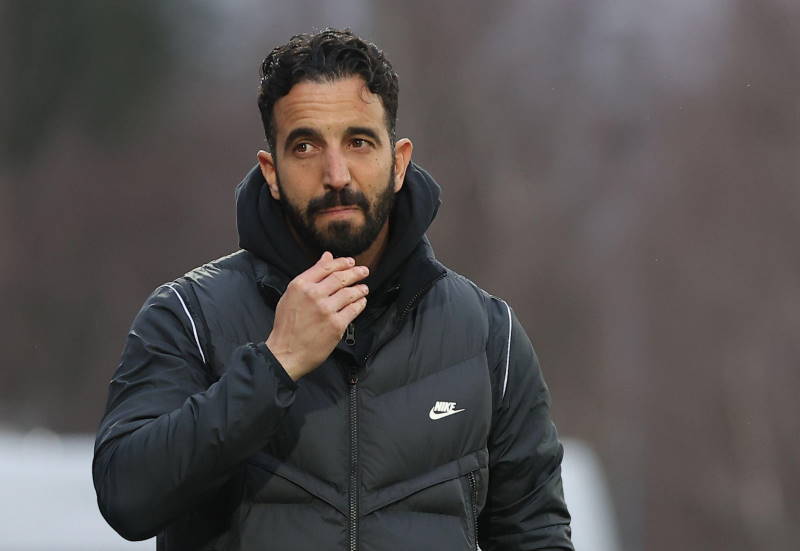
Xavi, Andres Iniesta and Iker Casillas are no strangers to lifting silverware but, even for them, Sunday’s 4-0 victory over Italy in the Euro 2012 final was a standout career moment. The trio played a critical role as Spain entered the history books as the first team to win three consecutive major tournaments – and, in the process, strengthened their grip on the “best ever international team” tag.
But the Spaniards’ victory in Kyiv was more than just a mesmerising passing masterclass – it was a statement that provided a timely reminder of the team’s lofty standing at football’s top table.
This current crop have been strangely polarising during the tournament, with critics turning on Spain for their focus on ball retention and a formation that accommodates six midfielders and no strikers. Terms like “boring”, “anti-football” and “passenaccio” (a play on Italy’s much-maligned, defence-first catenaccio mentality from previous decades) had been thrown around after the quarter-final and semi-final, casting a shadow over the team’s run. This unquestionably provided an additional spark of motivation – and Italy were on the receiving end of Spain’s brutal, scintillating response.
The first goal was vintage Spain, with Iniesta’s perfect pass releasing Cesc Fabregas to set up David Silva. Xavi then topped that with a sublime through ball for new Barcelona team-mate Jordi Alba to double the lead. More opportunities came and went before Fernando Torres and Juan Mata added to Italy’s misery late on. While 51% of possession was a far cry from almost 60% against Portugal, the Spaniards’ control and movement caught Italy out time and again. There was nothing even Andrea Pirlo, the leading candidate for Player of the Tournament, or semi-final hero Mario Balotelli could do to stem the flow of Spain attacks, particularly once the Italians were reduced to ten men with 30 minutes to go after Thiago Motta, their third and final substitute, limped off with a hamstring injury.
Spain’s campaign in Poland/Ukraine was not always spectacular – but nor was it the disappointment portrayed in some quarters. They never lost the confidence that courses through successful teams and gave out plenty of clues as to why they remain top of the pile. Casillas was beaten just once, by Italy’s Antonio Di Natale in the first game of the tournament, and the Spaniards netted 12 goals in six games. Most importantly, they held their nerve when it mattered most.
"We’re talking about a great generation of footballers," said triumphant Spain boss Vicente Del Bosque, who became the first manager to win the World Cup and European Championship back to back. "They know how to play together because they come from a country where they learn to play properly. This is a great era for Spanish football.
"To win three titles is almost impossible. Congratulations to the players. It’s true we were lucky enough to play a great match. Everything worked for us. It was an extraordinary performance against a difficult opponent.”
Fabregas added: “It’s one of the best days of my life. I don’t think we realise what we’ve done. In time we’ll see. Are we boring? People who think we are boring, I don’t think they understand the game."
The quality of Sunday’s performance has surely quietened the negativity swirling around a style of play that focuses on keep ball in midfield involving Xavi, Iniesta, Xabi Alonso and others, rather than cavalier attacking. As for the lack of a recognised striker, why should Del Bosque force it if Fabregas and Silva pose a bigger threat? Spain have been blessed in the midfield department like no team in the history of the game – and they would be crazy not to exploit that advantage. In time, the frustration will wear off and greater understanding and appreciation will emerge.
Are they the best international team ever? Based on their peerless run over the past five years, the answer has to be yes. While several of the great Brazil sides could stake a claim, along with the World Cup and European Championship-winning French team (1998-2000), the Spaniards have set records, swept teams aside and changed the way the game is played. They have now trumped all who have come before them.
Tellingly, on Sunday night, Spanish defender Gerard Pique was already looking ahead to the 2014 World Cup in Brazil – and the chance to make it four straight triumphs. Rest assured, this Spain squad is not finished yet. The hosts and Argentina, to name just two other potential winners, will have their say and history is against the Spaniards but, as they showed in Kyiv, they are more than capable of rewriting it.

